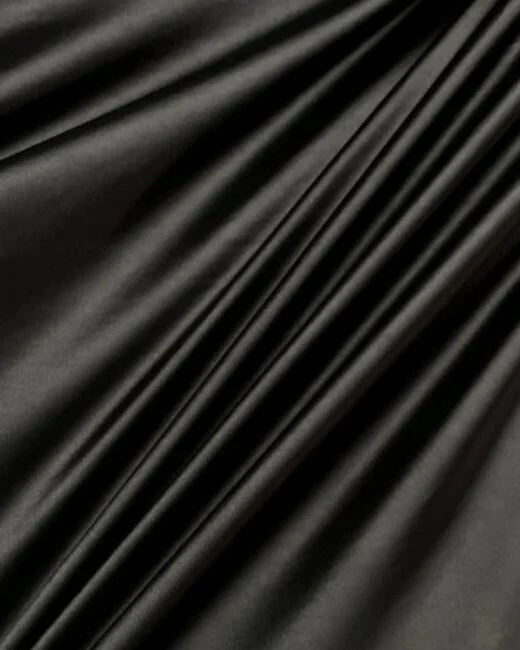Does Viscose Shrink? Understanding the Shrinking Potential of Viscose Fabric
Viscose, also known as rayon, is a popular fabric choice due to its softness, breathability, and versatility. However, many people are often concerned about its shrinkage properties. In this article, we will explore the question, "Does viscose shrink?" We will delve into the factors that can influence viscose shrinkage, how to care for viscose garments to minimize shrinkage, and provide practical tips for maintaining the longevity of your viscose clothing.
What is Viscose Fabric?
Viscose, a type of rayon, is a semi-synthetic fiber made from cellulose extracted from wood pulp or bamboo. It is known for its lightweight and silky texture, which makes it a popular choice for garments, including dresses, blouses, and skirts.
Understanding Shrinkage in Viscose Fabric
Viscose fabric has the potential to shrink when exposed to certain conditions. The primary reason for this is its natural cellulosic composition. Cellulose fibers tend to absorb moisture, causing them to swell or contract when exposed to water or heat.
Factors Affecting Viscose Shrinkage
Moisture: Viscose has a high affinity for moisture, making it susceptible to shrinkage when wet. Excessive exposure to water can cause the fabric to lose its shape and size.
Also Read: Fabrics for Every Season: Exploring the Perfect Materials for Each Time of Year
Heat: High temperatures, especially during washing or drying, can contribute to the shrinkage of viscose. Heat causes the fibers to contract, resulting in a reduction in garment size.
Agitation: Vigorous agitation during washing or drying can also lead to shrinkage, as it can disrupt the structure of the fabric and cause the fibers to contract unevenly.
Proper Care to Minimize Viscose Shrinkage
Hand Washing: To minimize shrinkage, it is best to hand wash viscose garments using a mild detergent. Gently swirl the garment in cool water, rinse thoroughly, and then carefully squeeze out excess water without wringing or twisting.
Machine Washing: If machine washing is necessary, select the delicate cycle with cold water and use a gentle detergent specifically formulated for delicate fabrics. It is advisable to place the viscose garment in a mesh laundry bag to protect it from excessive agitation.
Drying: Avoid tumble drying viscose fabric, as the high heat can cause significant shrinkage. Instead, lay the garment flat on a clean towel and reshape it to its original size. Allow it to air dry away from direct sunlight or heat sources.
Tips for Maintaining Viscose Garments
Ironing: Iron viscose fabric on a low heat setting while it is still slightly damp to remove wrinkles. Always place a clean cloth between the iron and the fabric to protect it from direct heat.
Storage: To prevent excessive shrinkage or damage, store viscose garments in a cool and dry place, away from sunlight and moisture. Avoid hanging them for extended periods, as the weight of the garment may cause stretching.
The Pre-Shrunk Viscose Option
Pre-Shrunk Fabrics: Some viscose fabrics are pre-shrunk during the manufacturing process to minimize further shrinkage. Look for garments labeled as pre-shrunk, as they are less likely to shrink when subjected to washing or drying.
Final Thoughts
In conclusion, while viscose fabric has the potential to shrink, taking proper care and following specific guidelines can help minimize shrinkage and maintain the integrity of the garments. By hand washing or using a delicate cycle, avoiding high heat, and taking precautionary measures during storage, you can ensure that your viscose garments remain in excellent condition for longer periods.
Remember to always read and follow the care instructions provided by the manufacturer to maintain the quality and longevity of your viscose clothing. With the right care, your viscose garments can continue to be a stylish and comfortable addition to your wardrobe.
Visit Kiki Textiles for all your fabric needs














Leave a comment